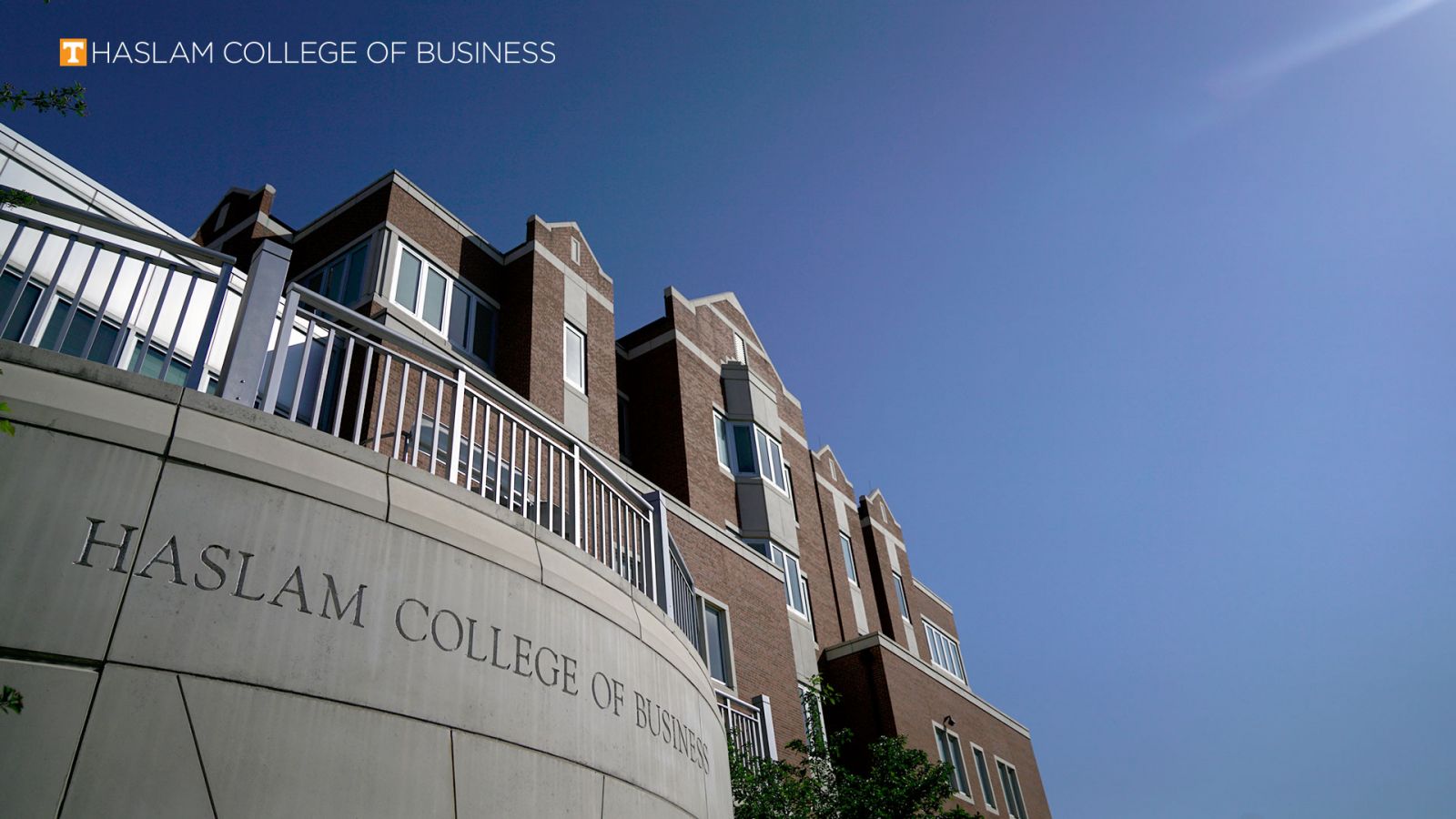We are delighted to have Dr. Karen Murrell and Dr. Chuck Noon joining us today.
Dr. Murrell is a practicing emergency physician, Director of Care without Delay at Kaiser Permanente, and a LEAN expert and consultant. She is also a fellow of the American College of Emergency Physicians and a faculty member of ASAP Directors Academy. Dr. Murrell received an MBA from the University of Tennessee Pemba Program in 2009 and currently serves as a faculty member for the Institute for Healthcare Improvement, contributing to their hospital operations and emergency medicine courses.
Dr. Chuck Noon holds a Ph.D. in Industrial and Operations Engineering from the University of Michigan. As a professor at the University of Tennessee’s Haslam College of Business, he leads various executive MBA programs, including their Physician Executive MBA program. He is a LEAN expert and consultant at X32 Healthcare and a faculty member for the Institute of Healthcare Improvement, working toward perfecting their emergency department operations course.
Navigating Leadership Challenges
As Karen advanced in her emergency medicine career, the increasing volume of patients, long wait times, and a community crisis prompted her to seek solutions beyond traditional medical approaches. That led her to leverage LEAN principles and eventually enroll in the MBA program to gain a broader perspective of leadership and operations.
Pursuing an MBA
Her desire to improve operations and enhance patient care, coupled with all the possibilities presented by LEAN methodologies, drove Karen to delve deeper into business education by pursuing an MBA at Pemba. The focus on physicians, global exposure, and the one-year duration of the program were additional factors that drew her in.
Balancing Clinical and LEAN Work
Karen’s current career balance involves operating with a 50/50 split between clinical emergency medicine and LEAN work. Despite her demanding workload, she finds it rewarding to make a meaningful difference in patient care and work environments. She feels that her ability to blend clinical expertise with data analytics enhances the effectiveness of her performance improvement projects.
Chuck's Evolution into Healthcare Improvement
After joining the University of Tennessee, Chuck transitioned from theoretical research to practical problem-solving in 1998, when they introduced their Physician Executive MBA program. His passion for making immediate and tangible improvements in healthcare operations led to his active involvement in LEAN methodologies.
X32 Healthcare
Chuck co-founded X32 Healthcare in 2008 as a vehicle for LEAN education, analytic modeling, and on-the-ground consulting. Team Health bought the company in 2018 and continues contributing to healthcare improvement initiatives.
Consulting Engagements and Impact
Chuck and Karen engage in consulting work, contributing to various projects globally. In addition to working with Chuck, Karen has also visited Qatar three times over the last year to work on an initiative for the Institute for Healthcare Improvement. Chuck focuses on multi-faceted engagements, averaging four to six projects annually. Collaboratively, their approach enhances the effectiveness of LEAN initiatives.
Multi-Pronged Approach to Improvement
Chuck and Karen have collaborated to enhance patient flow and streamline processes in the emergency department of Boston Medical Center. Their comprehensive and multi-pronged approach involved assessments, data analysis, education, and improvement events. Using the example of their engagement with four hospitals in the Ontario province, Chuck emphasizes the importance of understanding barriers, identifying opportunities for improvement, and implementing targeted changes.
The Boston Medical Center Project
The Boston Medical Center project began with an invitation from a former student who suggested holding a LEAN improvement event at the Boston Medical Center. The project focused on addressing challenges in patient flow, particularly in the context of a perceived bed shortage in the emergency department.
Initial Assessment and Education
The team initially assessed the existing processes at the Boston Medical Center. After that, they conducted a two-day LEAN improvement course for a diverse group of ER staff members to lay the groundwork for their subsequent improvements.
The LEAN Improvement Event
Their LEAN improvements spanned three days, with the first two days dedicated to planning and setting up the new process. On the last day, they tested a new process called the Rapid Assessment Zone (RAZ).
The Rapid Assessment Zone
The goal of the RAZ was to address challenges in patient flow, particularly for low to mid-acuity patients. The key elements of RAZ included a streamlined patient pathway, vertical patient positioning to minimize bed consumption and efficient communication between doctors and nurses.
Sustainability and Leadership Engagement
LEAN improvement events foster continuous improvement. The events instill a flow culture and encourage people to continue engaging with the work. Leadership engagement is essential for sustaining such events.
A Blueprint for Healthcare Transformation
The Boston Medical Center case demonstrates how LEAN improvements can drive transformative change in healthcare delivery. Along with leadership engagement, the multi-pronged LEAN events present a blueprint for healthcare organizations seeking to enhance efficiency, patient satisfaction, and overall performance.
Links and resources:
Norm Chapin on LinkedIn
Visit our YouTube Channel
Karen Murrell on LinkedIn
Charles (Chuck) Noon on LinkedIn

In this episode of the "Pemba On Demand", host Dr. Norman A. Chapin introduces the session and guest, Jasen Gunderson, CEO of CardioOne and...


How does a practicing surgeon turn a simple idea into a global platform transforming how surgeons connect, learn, and lead? In this episode of...